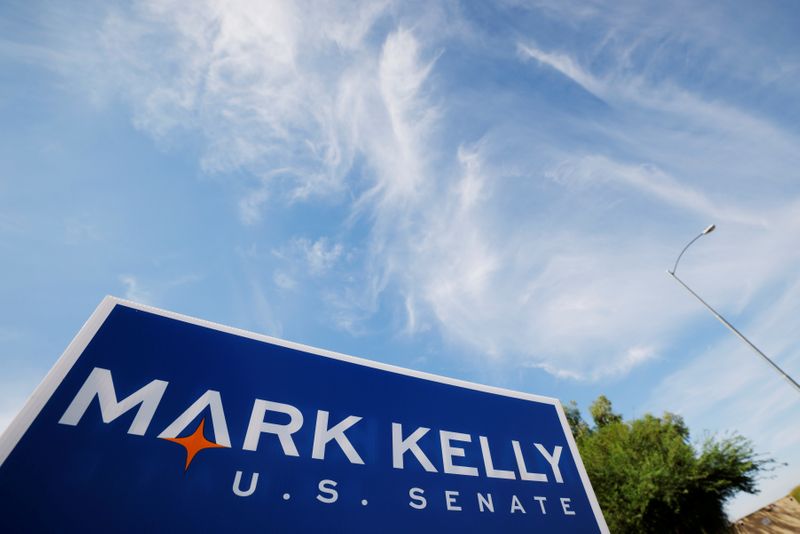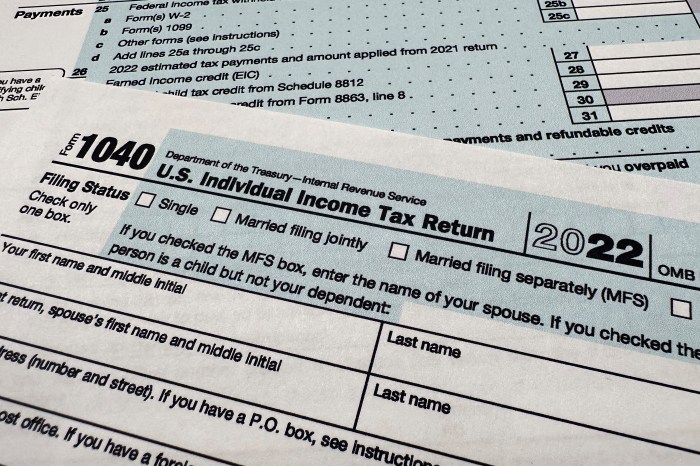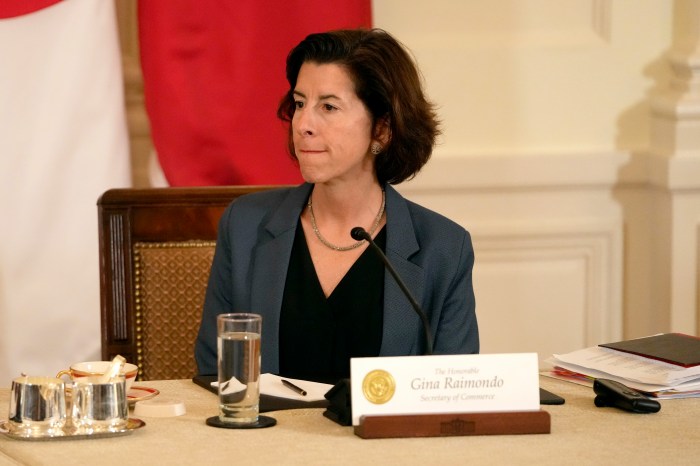WASHINGTON (Reuters) – Democratic U.S. Senate candidate Mark Kelly’s lead over Arizona Republican incumbent Martha McSally is holding steady with less than a week to go until an election that could determine whether Republicans lose control of the Senate, a Reuters/Ipsos poll showed on Wednesday.
There are about 12 competitive U.S. Senate races up for grabs in next Tuesday’s election, 10 with vulnerable Republican incumbents and two with vulnerable Democrats. To have a majority in the Senate, Democrats need to pick up three seats if the party wins the White House, which gives the vice president a tie-breaking vote, and four if not.
Here are the latest results for three Senate races on which Reuters/Ipsos is polling:
ARIZONA (Oct. 21-27 poll)
* Voting for Democratic challenger and former astronaut Mark Kelly: 51%
* Voting for Republican Senator Martha McSally: 44%
* The results are identical to a prior poll.
* 37% said they had already voted.
NORTH CAROLINA (Oct. 21-27 poll)
* Voting for Democratic challenger Cal Cunningham: 48%
* Voting for Republican Senator Thom Tillis: 47%
* The race is statistically tied because the difference between the two is within the survey’s credibility interval, as it was the prior week when Cunningham and Tillis were even at 47%-47%.
* 35% said they had already voted.
MICHIGAN (Oct. 21-27 poll)
* Voting for Democratic Senator Gary Peters: 50%
* Voting for Republican challenger John James: 44%
* Peters led James 50%-45% in the prior week.
* 32% said they had already voted.
NOTES: The Reuters/Ipsos poll was conducted online and in English. The Arizona survey included 714 likely voters and had a credibility interval of 4 percentage points. The earlier Michigan poll surveyed 652 likely voters and had a credibility interval of 4 percentage points. North Carolina’s surveyed 647 likely voters and had a credibility interval of 4 percentage points.
(Reporting by Jason Lange; Additional reporting by Chris Kahn; Editing by Peter Cooney)



















